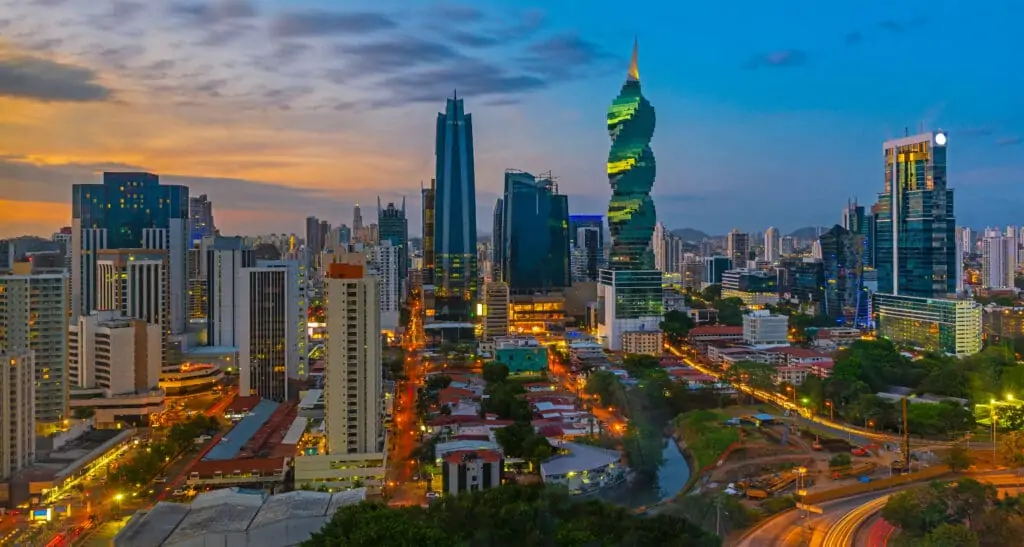Business travel spending in Latin America is forecast to reach $63.9 billion in 2025, a 3.2% increase over 2024, according to new research from the Global Business Travel Association (GBTA).
The findings were presented at the GBTA Latin America Conference 2025, held on September 24–25 at the Hilton Mexico City Reforma.
The region, which includes Central and South America and Mexico, is expected to generate about 4% of the global business travel market total of $1.57 trillion. Despite the growth forecast, GBTA highlighted ongoing challenges for the region including low investment levels, widening fiscal deficits, high debt-to-GDP ratios, and uncertainty in trade policy.
Conference highlights and leadership
The annual GBTA Latin America Conference, now in its 17th year, attracted nearly 500 registered participants. More than 180 buyers attended alongside suppliers from 35 exhibiting companies, representing 16 countries. Over two days, delegates engaged in main stage sessions on artificial intelligence, accessibility, geo-political policies, and global talent mobility.
GBTA used the event to recognize two new regional leaders who officially began their roles on September 1. Mariana Pérez Ponce de Leon, based in Mexico City, is responsible for operations in Northern Latin America, covering Mexico, Colombia, and emerging Central American markets. Daniel Duarte, based in Buenos Aires, oversees Southern Latin America, including Brazil, Argentina, Chile, Peru, Uruguay, and Ecuador.
“Daniel and Mariana are both recognized leaders in the industry with broad expertise serving and supporting the region,” said Suzanne Neufang, CEO, GBTA. “With their guidance, Latin America’s business travel sector will continue to build on its recent successes and embark on a new phase—advancing our collective goal to serve the industry and its professionals across the region.”
Regional trends and data
The GBTA Business Travel Index Outlook, presented at the conference, detailed Latin America’s market position and traveler behavior. Brazil ranks 10th globally in business travel spending for 2025, while Mexico is 20th. Other countries in the region include Argentina (32nd), Peru (35th), Colombia (38th), and Chile (47th).
Average spend per business trip in Latin America stands at $949, about 16% below the global average. Blended travel is a notable trend, with 62% of business travelers extending work trips for leisure, compared to the global average of 59%. In addition, 88% of respondents in the region said business travel is worthwhile and essential to success.
“Business travel continues to be vital for economic growth and professional connection, but faces both promising opportunities and significant risks,” said Mariana Pérez Ponce de Leon. “The evolving landscape will require proactive and informed decision-making.”
“The engagement of the Latin America business travel professionals at our conference shows their commitment to navigating what’s ahead together,” said Daniel Duarte. “At GBTA, we are focused on delivering the vital insights and connection that help shape the future of our industry.”
Thought leadership and recognition
The conference featured keynote contributions from across the travel and academic sectors. Political analyst and professor Dr. Denise Dresser addressed U.S.–Latin American relations and their impact on regional business travel. Speakers from Achilles International explored accessibility in corporate travel, while Alexandre Cordeiro of Travel Tech Hub discussed how artificial intelligence can support decision-making in travel planning and risk management.
GBTA also recognized its 2025–2026 Latin America Advisory Board and three volunteer leaders for their contributions: Felipe Cardona, Chair of the GBTA LATAM Advisory Board; Felipe Mezquita, Advisory Board member; and Eva Ramirez, GBTA WINiT Mexico Chapter Lead. The event included cultural showcases such as demonstrations of Huichol art by local artisans, highlighting indigenous traditions from the Sierra Madre Occidental in Mexico.
Professional development and sustainability also featured on the agenda. Programs included the GBTA WINiT initiative for women in travel, the Destination Scholarship for students pursuing business travel studies, and the Sustainability Acceleration Challenge designed to support companies on their path toward net zero emissions.
The data and discussions at the conference underscored both the resilience and the vulnerabilities of the Latin American business travel sector. While spending is set to increase modestly in 2025, ongoing fiscal and policy challenges suggest the industry must continue adapting to global and regional pressures to sustain growth into 2026 and beyond.





































